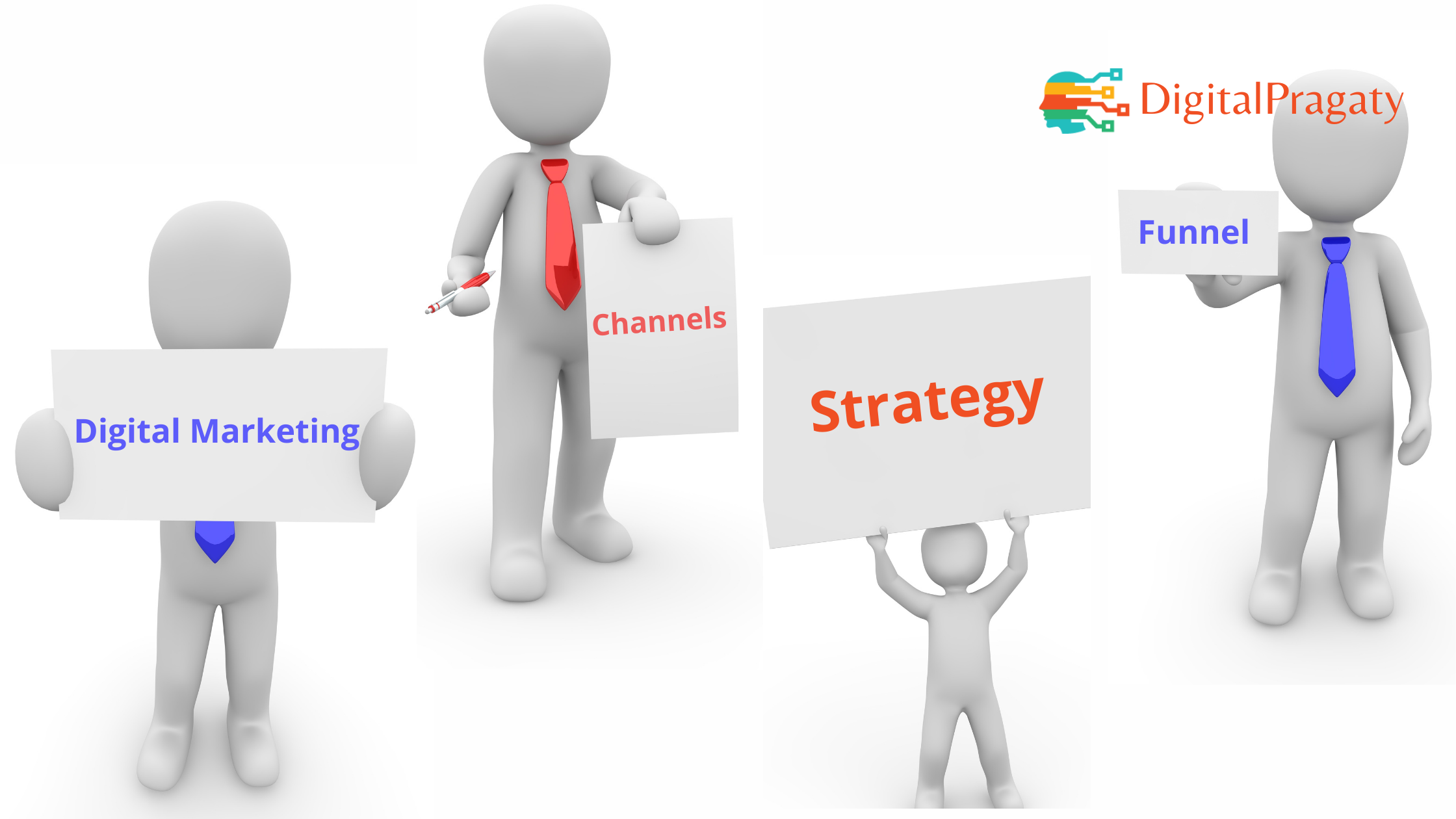
Digital Marketing: Channels/Strategy/Funnel
What is Digital Marketing?
Digital marketing refers to any sort of marketing activity that applies any sorts of digital technology. Digital marketing activities include conducting market research using digital marketing research tools like Google Keyword Planner, analyzing marketing performance using digital analytics software like Adobe Analytics, and launching alphanumeric display ads using digital advertising platforms like Google Marketing Platform.
Compared to traditional advertising methods like print, billboards, and TV, digital marketing is primarily data-driven. Numerous well known digital promoting stages today give access to campaign reports to thorough data analysis.
What is Digital Channels?
In digital marketing, a digital channel is the way goods and services get to the buyer electronically.
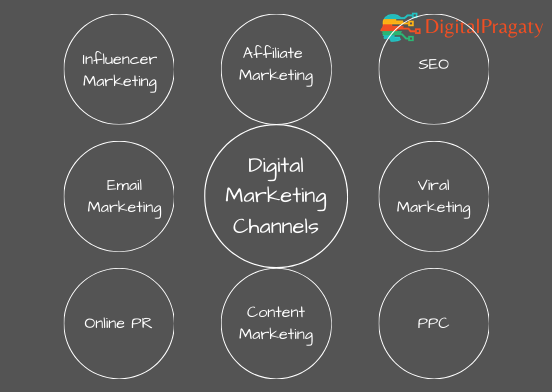
Examples of digital channels include:
* Viral Marketing
* Influencer Marketing
* Content Marketing
* SEO
* PPC
* Affiliate Marketing
* Social Media
* Email
* Online PR
It’s a standard misconception that digital marketing may be a single channel. It’s not uncommon to listen to entry-level marketers defining digital marketing as social media marketing, search marketing, digital advertising, and what not. More often than not, digital marketing campaigns apply multiple channel strategies (multi-channel) like a mixture of program marketing, content marketing, display advertising, and email marketing.
Try not to mistake this for Cross Channel, which like multi-channel, additionally includes drawing in clients by means of different channels. Cross Channel is more accurately defined as providing a uniform, unified, and seamless customer experience no matter whether the customer interacts with a brand on social media, within the physical store, or on the web store. Physical brochures that in-print QR codes to link the customer back to the web store, and membership systems that tailor product recommendations supported customer purchase history both online and offline are samples of Cross Channel strategies.
Digital marketing can and will be integrated with offline marketing channels like print advertisements, live industry events, popup booths, and in-store promotions to maximize target market reach and lead nurturing.
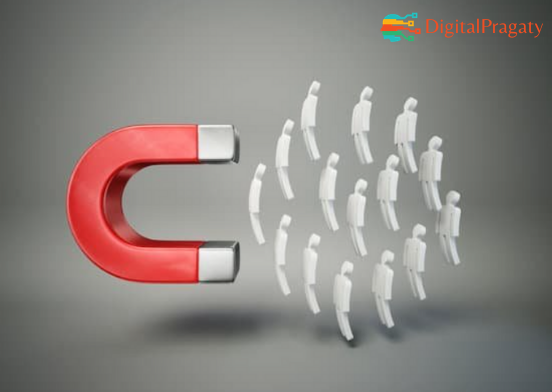
An example of an online/offline marketing integration would be launching a fair (offline) and launching a Facebook ad campaign (online) to market the offline event. and through the event (offline), collecting personal details of leads like emails and phone numbers to follow up through email and mobile marketing (online).
Digital Marketing Disciplines and Subsets
Do not confuse disciplines with channels, however. A digital channel may be a digital medium organization use to speak or deliver messages to consumers, while a digital marketing discipline may be a branch of data or a field of study within digital marketing. For instance, program optimization and program marketing are separate disciplines, but they both target an equivalent digital channel – the program results pages.
Digital marketing disciplines and subsets include:
* Content Marketing
* Program Optimization
* Social Media Marketing
* Marketing Automation
* Email Marketing
* Digital Advertising
* Digital Marketing Analytics
* Mobile Marketing
* Conversion Rate Optimization
* Affiliate Marketing
What is a Digital Marketing Strategy?
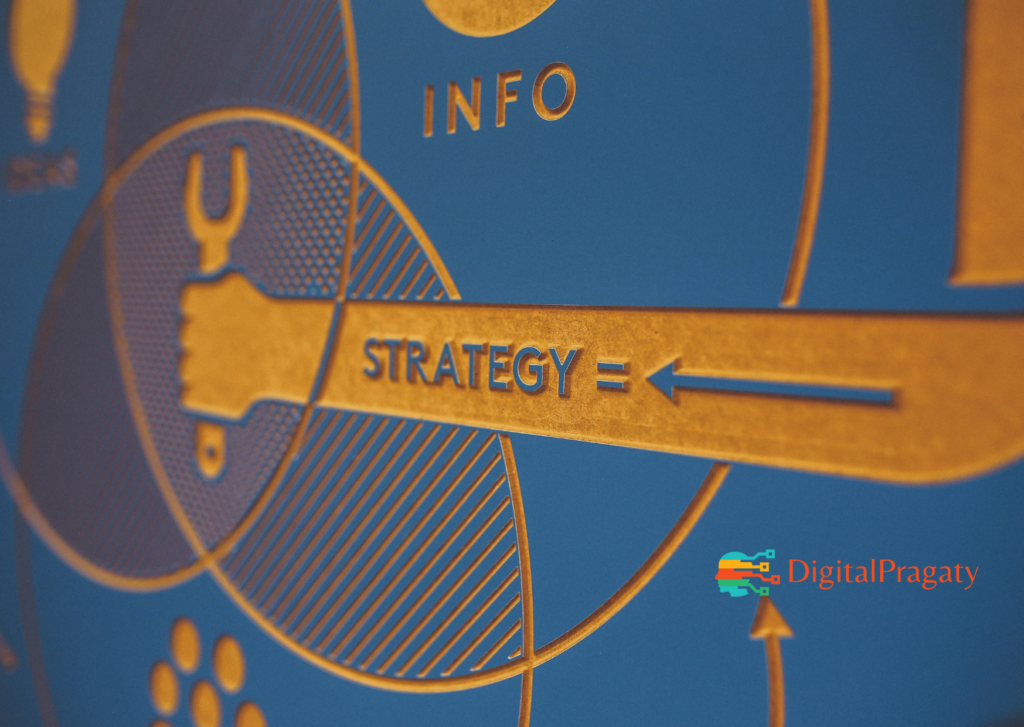
For any business, creating a strategy is important as a position in marketing is important. Digital Marketing Campaign and Digital Marketing Strategy are two different things that generally people think are the same. When talking about digital marketing strategy, we are pertaining to a plan or a blueprint to realize a long-term or macro goal. Campaigns on the opposite hand are the precise tactics wont to achieve more micro, short-term goals within the digital marketing strategy.
Similar to many other sorts of marketing, a digital marketing strategy involves:
* Defining customer profiles
* Defining marketing objectives
* Alignment of customer and marketing goals
* Identifying target markets
* Performing competitive analysis
* Managing and allocating resources appropriately to realize objectives
* Reviewing and optimizing campaign performance
For example, a digital marketing strategy includes setting marketing objectives supported the analysis of market information and target audiences, selecting digital marketing channels and platforms, determining channel-specific delivery tactics, and defining macro marketing KPIs to live the performance of the digital marketing strategy.
On the opposite hand, an example of a digital marketing campaign centers around creating brand awareness (micro objective) by launching a viral marketing campaign (tactic) on a selected social media channel like Facebook. Short term (micro) KPIs are wont to keep track of the progress and success of the digital marketing campaign.
Before developing any digital marketing campaigns, you ought to first have a technique. a part of the strategy includes creating a customer journey and touchpoint map that appears something like this:
Digital Marketing Customer Journey and Touch Point Map
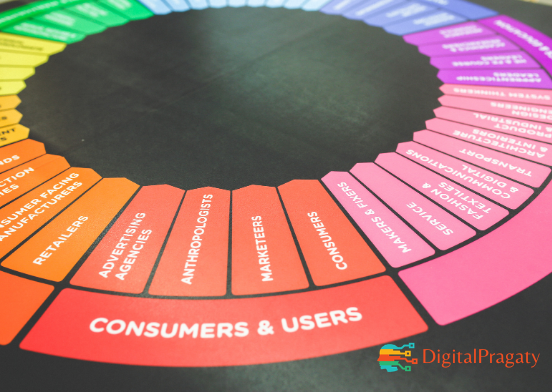
This map will act as a key reference document when determining which digital marketing channels to focus on and which digital marketing tactics your team should execute.
So, How Do the various Digital Channels Impact the Business?
By delivering a Cross Channel customer experience, all the way from the notice to the post-purchase stages.
Digital Marketing Funnel
For instance, we will launch online PR campaigns to make awareness, implement content marketing to assist customers to evaluate our products, drive high purchase intent traffic to our website via SEO, digital ads, and email, and nurture results in repurchase through Email Marketing, Digital Advertising, Marketing Automation, and Social Media Marketing.
The selection of digital marketing channels depends on the spread of things such as:
* Marketing objectives: Are your goals to extend brand awareness or encourage loyalty?
* Marketing Budget: does one have sufficient budget to spend across quite 3 channels?
* Manpower: Does your marketing team have the required knowledge and skills to manage multiple campaigns and digital agencies?
* Customers: Which platforms are your customers on? What are your customer touchpoints?



